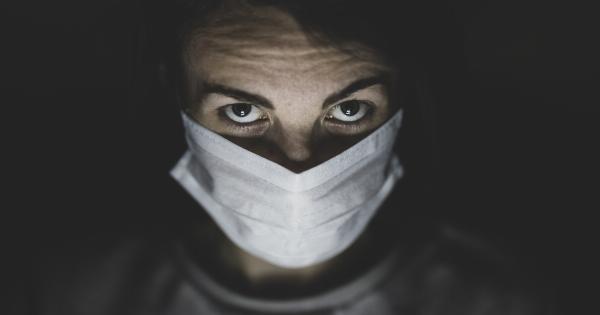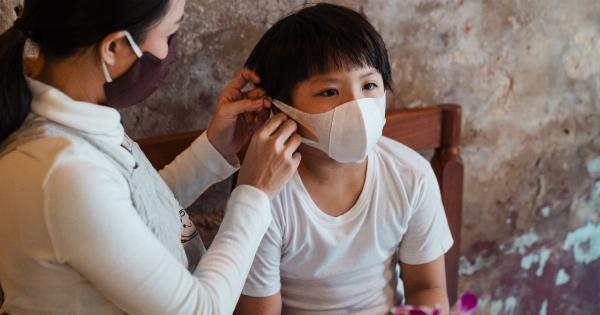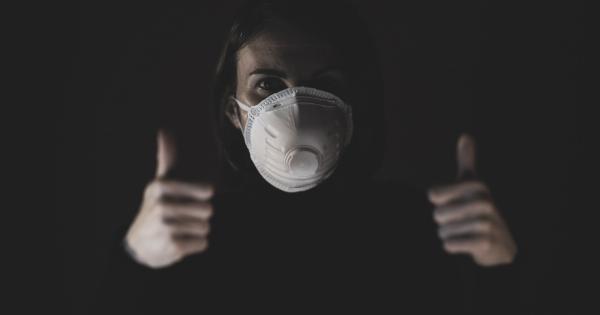Koxaki virus is a rare yet infectious virus that leads to the onset of a number of illnesses, including hand, foot, and mouth disease. It is a type of enterovirus and predominantly affects children of under the age of 10.
In adults, serious complications can arise because of this virus. The symptoms of Koxaki virus varies based on the type of virus that has infected the patient. Some may experience only flu-like symptoms while others may have complications in the nervous system, heart or lungs.
Types of Koxaki Virus
There are two types of Koxaki virus – A and B. Type A Koxaki virus has six different subgroups, and Type B Koxaki virus consists of a single group.
These viruses are contagious from one person to another, especially through close contact with an infected person’s saliva, mucus, or feces. Direct contact with an infected person can also lead to infection.
Symptoms of Koxaki Virus
One of the most common symptoms of Koxaki virus is fever, which is usually followed by other symptoms which may include:.
- Sore throat
- Blister-like sores in the mouth or throat
- A skin rash
- Diarrhea
- Nausea
- Loss of appetite
- Cough
- Runny nose
In some cases, the symptoms may be more severe, and complications may arise that could potentially lead to life-threatening disease.
Such complications include meningitis, encephalitis, inflammation of the heart, and paralysis because of muscle weakness. In some rare cases, Koxaki virus in infants can lead to neurological disorders that can impact their future development.
Diagnosis and Treatment
If you suspect that you or your child has Koxaki virus, it is highly recommended that you make an appointment with a doctor or a general practitioner. Doctors can frequently diagnose the virus based on the symptoms and medical history of the patient.
There is currently no cure for Koxaki virus, and treatment consists of managing symptoms. In most cases, the virus will clear itself from the body within a week or two.
It’s essential to stay hydrated when infected with Koxaki virus. Taking over-the-counter pain relief can provide some relief from the symptoms.
In severe cases of Koxaki virus infections such as brain inflammation or heart complications, hospitalization may be needed. Careful monitoring and supportive care are essential to ensure that the patient recovers safely and quickly.
Preventative Measures Against Koxaki Virus
There is no vaccine or antiviral medication available to prevent or cure Koxaki virus. To prevent the spread of this virus, the following preventative measures can be taken:.
- Ensure frequent hand washing with soap and water
- Use hand sanitizer when soap and water are not available
- Clean and disinfect toys and surfaces that have been handled by an infected person
- Avoid close contact with others who are infected with the virus
- Wash all fruits and vegetables before consuming
Koxaki virus is a highly contagious disease, especially in children. However, early detection and supportive care can ensure that the patient’s symptoms are treated correctly and that the severity of the illness is minimized.
To protect yourself and those around you, it is important to understand the signs and symptoms of Koxaki virus, practice appropriate hygiene, and take care of yourself if you or a loved one becomes infected.






























